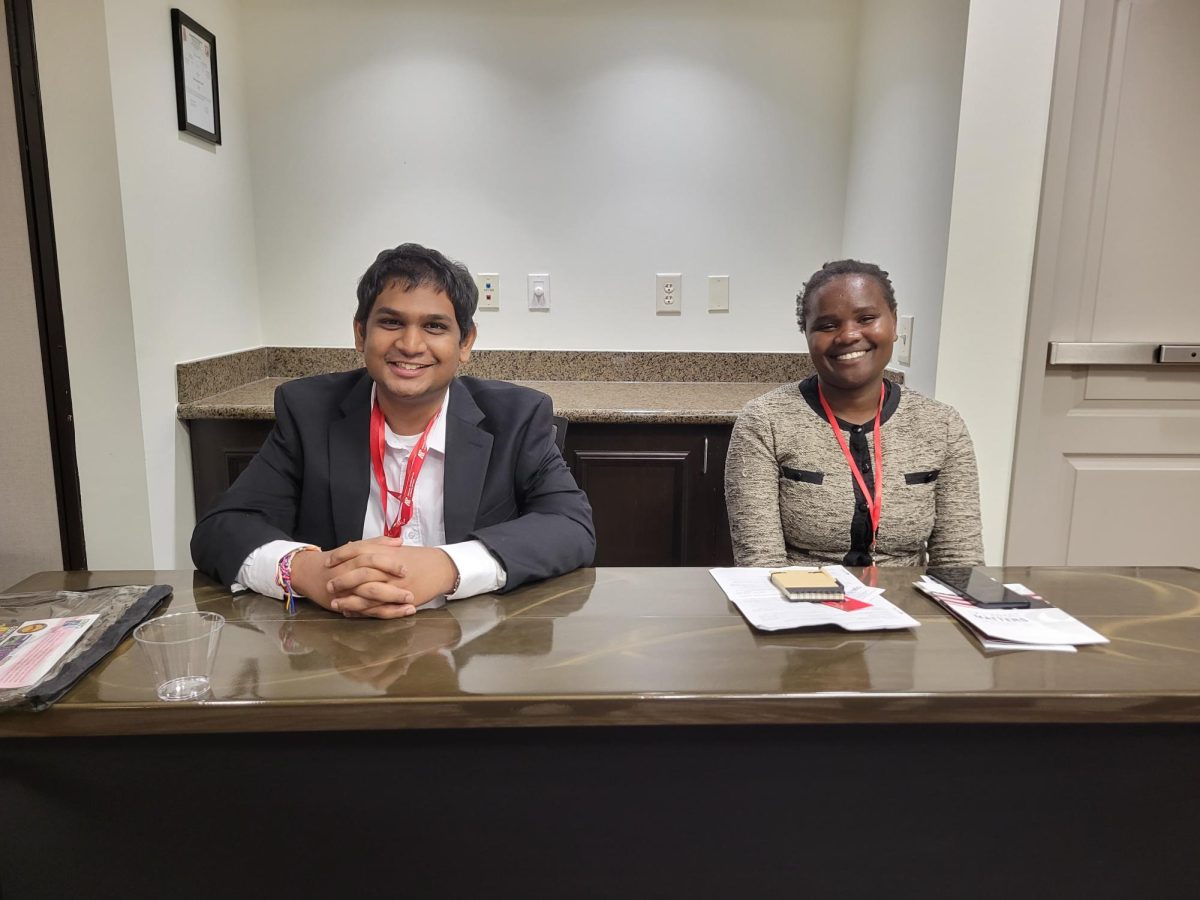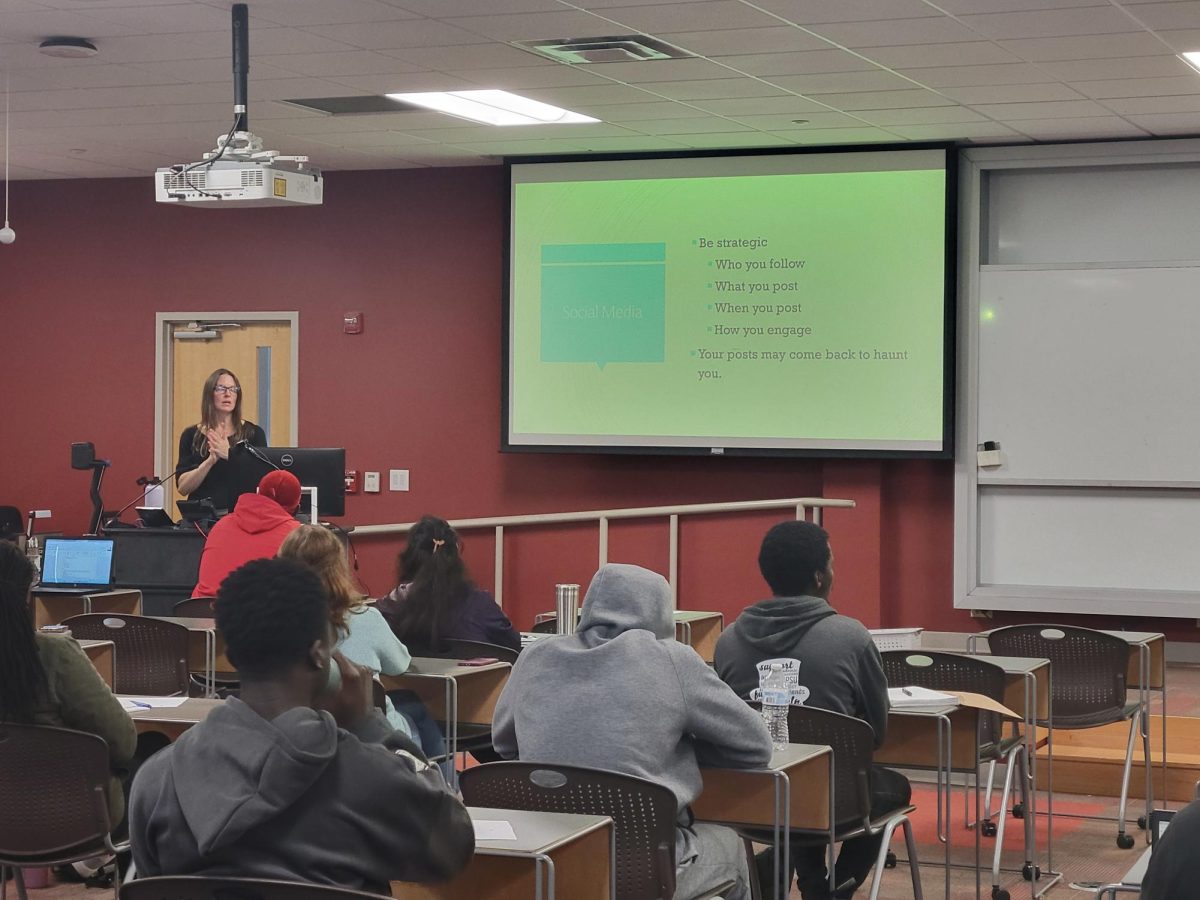» By Chaseton Donahoe
APSU students pay a fee, included in tuition costs, which helps make the campus a more environmentally friendly habitat for students, young and old.
This fee, voted for by students in Spring 2007, goes to the Sustainable Campus Committee’s funds. The committee’s purpose is to meet and vote on what projects to accept with the goal of such things as sustainability benefits, energy efficiency, alternative fuels and sustainable design.
“The committee has the responsibility of advising (APSU’s) president relative to the development of on-campus sustainability initiatives,” said Kristen Spicer, the environment, health and safety manager and head of the committee.
“The committee shall meet at least once each semester to recommend projects and funds distribution to the president.”
In the short time since it was set forth, this program has accomplished such tasks as purchasing and installing solar panels and wind turbines for the Environmental Education Center. It also purchased the Brita hydration stations for Student Housing as well as infrared sensors for campus restrooms.
The committee was responsible for the upgrade of the air filtration system in the Science Building and has brought about radical improvements to the recycling program.
It is also responsible for the installation of the Dolphin Cooling Tower System which eliminated the need of many hazardous chemicals used in the cooling system in the campus power plant.
Upcoming projects include undisclosed improvements to the Environmental Education Center and replacing paper towels in restrooms with Dyson Airblade Hand Dryers, as well as an electronic bike share program, allowing students to rent out bikes with their AP Govs cards.
The desired system also tracks all bikes and stations in real-time using radio technology, and naturally is theft-deterrent. Not only would this help with campus transportation for commuters and campus residents, it would promote health and greener forms of transportation for the community.
Concerned about the scope of this ever-growing program, Spicer explained that the current strategy for choosing the most important needs for the campus is somewhat lacking, with each submittal being voted on as they are introduced.
“I would love to see the campus hire a Sustainability Coordinator who can focus on creating a more comprehensive approach to sustainability campus-wide.” Whether the campus will hire a coordinator is up in the air, but the program will continue with proposals and programs in the meantime.






